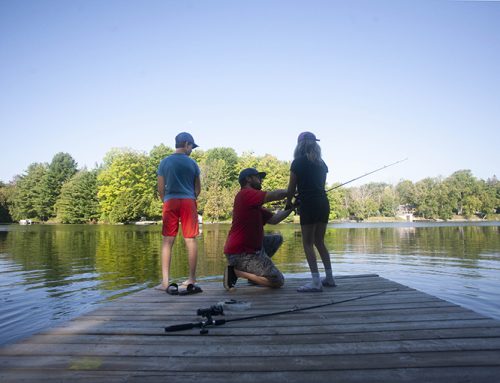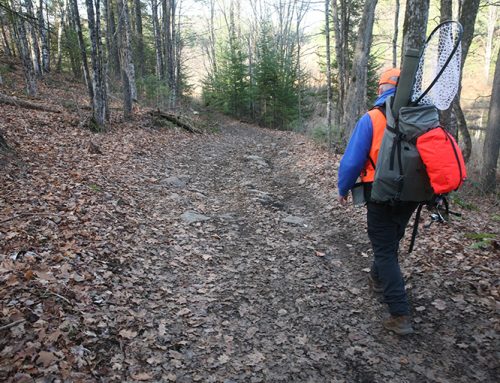
The Thunder Bay District Health Unit (TBDHU) reported in mid-August that 62.5% of black-legged ticks (formerly known as deer ticks) collected in 2021 tested positive for the Lyme disease bacteria. This was a significant increase in comparison to previous years when approximately 10% of black-legged ticks tested carried the disease.
The TBDHU calls the City of Thunder Bay and immediately surrounding areas endemic for Lyme disease and asks those enjoying the outdoors to be vigilant when walking through bush or tall grass.
The health unit suggests taking these precautions:
- Wear long sleeves and tuck pants into your socks
- Wear light coloured clothing to help spot a tick
- Use insect repellent that contains DEET or lcardin
- Perform a tick check after outdoors activities, which includes checking your hairline, underarms, stomach, and groin
Those who find ticks should bring them in for identification as most ticks in the area are wood ticks that do not carry the disease bacteria.
The TBDHU advises the public to assume all black-legged ticks are carrying the Lyme disease bacteria. Those bitten should immediately contact their health care provider to arrange for the proper treatment.
Lyme disease is a serious illness that affects the central nervous system and cardiovascular system. In approximately 50-80% of cases, a circular rash, commonly known as a “bulls-eye rash,” will develop which can vary in shape and size. Other symptoms may include fatigue, chills, fever, headache, muscle and joint pain, and swollen lymph nodes.






My husband has Lyme Disease and it is debilitating.
Even worse our Canadian tests are insufficient, we went with a German Test.
Also our health care system does not recognize Lyme if your tested positive out of country!
We’re going through hell and CB paying for treatment out of pocket. Watch W5 Bitten on you tube it will open your eyes to what thousands of Canadians are going through.
Seriously our life has changed, a once active outdoor couple and a my husband barely gets out of bed everyday.